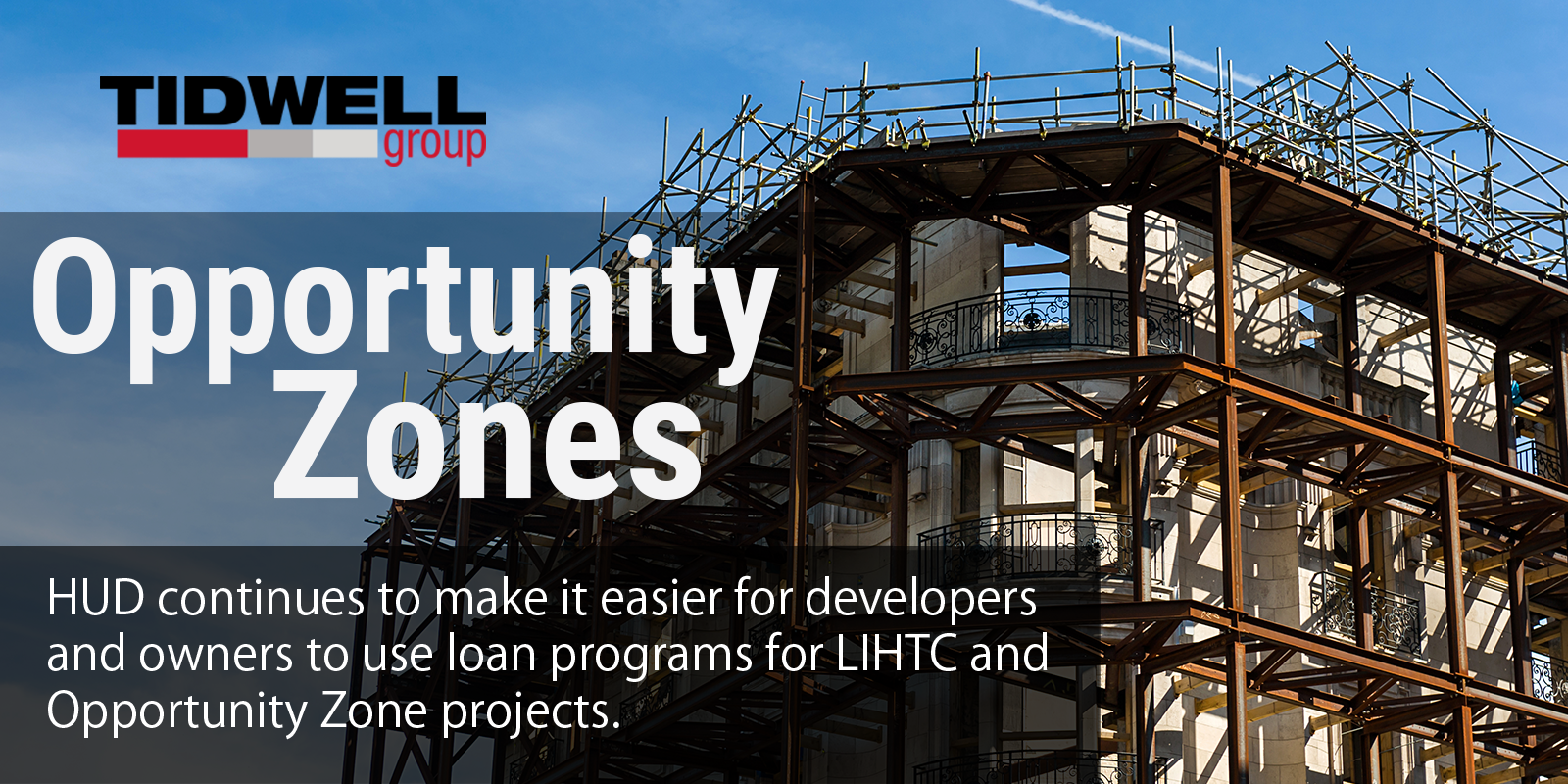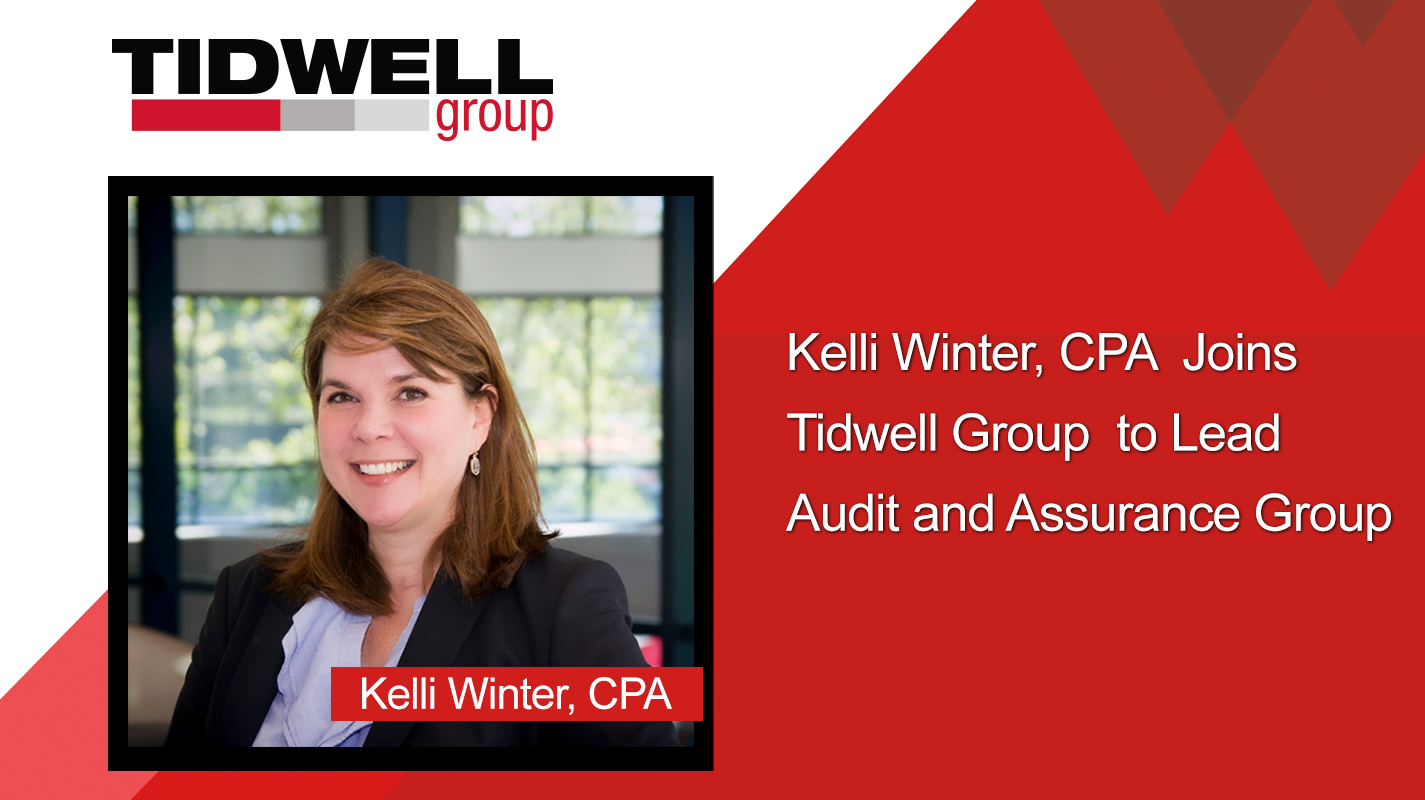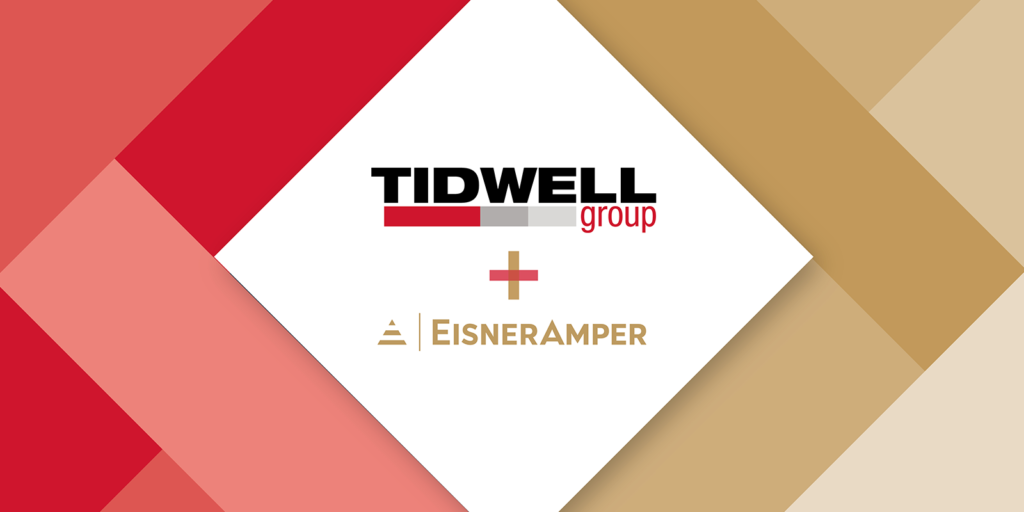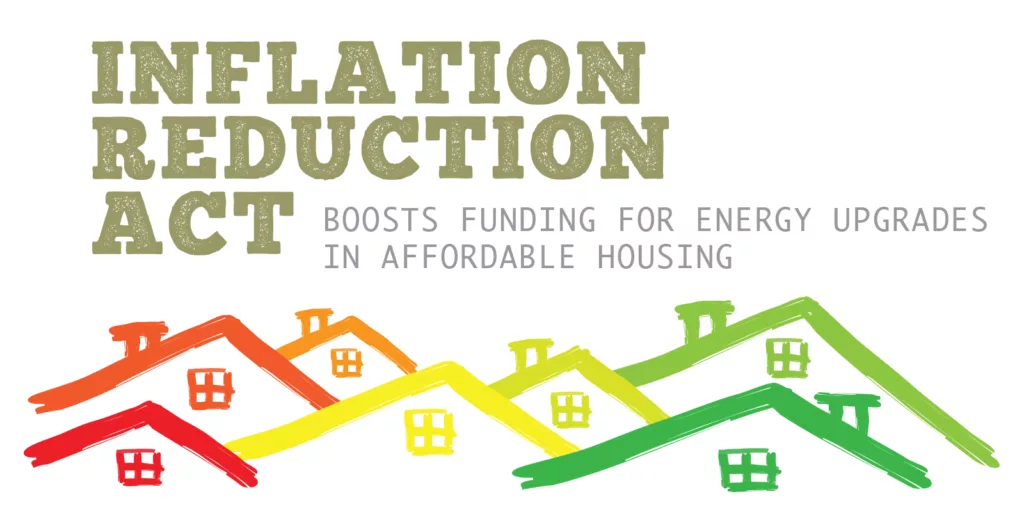By Damien Cassell, CPA and Morgan E. Mahaffey, JD
The U.S. Department of Housing and Urban Development (HUD) continues to make it easier for developers and owners to use loan programs for LIHTC and Opportunity Zone projects.
With announcements this year that promise easier facilitation and closing of FHA loans as well as incentives to develop projects in opportunity zone census tracts, it may be time to take a fresh look at HUD financing for affordable housing projects.
HUD Multifamily LIHTC “New Pilot” Program
HUD, which administers the FHA insurance programs, has announced the restructuring of several internal processes to expedite the closing of FHA loans, specifically for new construction and substantial rehabilitation multifamily projects using LIHTC.
To get an FHA insured mortgage in the past was often long and tedious, but HUD has taken strides to streamline the process with qualified lenders while simplifying its internal underwriting. According to HUD’s “New Pilot” announcement:
“The somewhat higher leverage available to a LIHTC project with an FHA insured mortgage can help fill the gap in the project’s sources of funds and make a project financially feasible to fund…
“The streamlined process in the New Pilot is intended to further align HUD’s Section 221(d)(4) and Section 220 platform with the programmatic requirements of the LIHTC program and further improve HUD’s responsiveness and application processing times.”
Key improvements through the New Pilot program include the following:
- Within five business days of the receipt of the FHA application, HUD’s Designated Pilot Underwriter (DPU) will inform the lender of missing information. The lender then has another five business days to provide missing information or the application is canceled.
- Concept meetings with HUD are optional now.
- Any concerns that could hold up the process such as renewals of HAP contracts, rent increases, prepayment of exiting FHA Insurance Loans, Flexible Subsidy Loans Deferrals, 2530 approvals, and other related waivers are immediately elevated to the Regional Director of Asset Management and will be resolved swiftly by Cindy Bridges at HUD Headquarters.
- HUD is promising an average 90-day turnaround to obtain HUD financing. This includes a 30-day turnaround from HUD’s receipt of the application to receive a firm commitment, and a 60-day turnaround to close the transaction from the date of firm commitment.
- Use of the industry AIA forms G702/703 instead of HUD 2328 and 92448 will potentially create less paperwork for developers and owners.
- The rule for cost increases above 5 percent between application and firm commitment is still in force, but increases over 5 percent will be accepted as long as (a) there are non-FHA sources of funds to pay for the increase; (b) the lender agrees with the increase; (c) the reserve for replacement funding remains valid; (d) the contingency percentage has been increased; and (e) there is no associated request to increase the FHA insurance mortgage.
HUD has expressed continued support for LIHTC and noted the need for expediting FHA financing for such projects while encouraging continued future investment of private capital.
Qualified Opportunity Zones
HUD has also incentivized property owners applying for certain loans with FHA family mortgage insurance for properties located in a qualified opportunity zone census tract. As part of the incentive, HUD has identified specialized Senior Underwriters in each region of the country who have been trained to process these applications, including projects that involve LIHTC investments.
Lenders must identify in their application certain criteria so that an FHA Senior Underwriter is assigned to the application to expedite its review and processing.
The benefits of this application process, particularly for LIHTC projects located in qualified opportunity zones, include the following:
- HUD has developed a workload sharing system to facilitate the processing of loans as well as FHA Senior Underwriters who are able to underwrite these loans. A Senior Underwriter will be appointed to see the transaction through to the end.
- Reduced FHA mortgage insurance application fees are in place for affordable housing projects located in qualified opportunity zones: decreasing from $3 per $1,000 of the requested mortgage amount to $1 per $1,000.
- Applicants don’t have to be developing or using opportunity zone funding (e.g., Qualified Opportunity Funds); the designated property just needs to be located in a qualified opportunity zone. Eligible applicants should identify the opportunity zone tract in which the property is located (or proposed to be located) in order to receive this incentive.
There are challenges when combining LIHTCs with the Opportunity Zone tax incentive, but under the right set of circumstances, it can be an additional source of equity.
About Tidwell Group LLC
 Tidwell Group is a full-service accounting and consulting firm that specializes in the real estate and construction industries and is a Best of the Best Firm according to the 2019 INSIDE Public Accounting National Benchmarking Report. Their experienced professionals serve all asset classes within the affordable housing, conventional real estate, and not-for-profit industries. Within the affordable housing industry, Tidwell Group’s expertise ranges from low-income housing tax credits, bond and conventional financing, HUD compliance and reporting and USDA-Rural Development compliance and reporting. Their focus is on developing long term client relationships through value-driven results. For more information on Tidwell Group, contact their firm on their website at www.TidwellGroup.com, on Twitter @TidwellGroupLLC, or by telephone at (866) 442-7090.
Tidwell Group is a full-service accounting and consulting firm that specializes in the real estate and construction industries and is a Best of the Best Firm according to the 2019 INSIDE Public Accounting National Benchmarking Report. Their experienced professionals serve all asset classes within the affordable housing, conventional real estate, and not-for-profit industries. Within the affordable housing industry, Tidwell Group’s expertise ranges from low-income housing tax credits, bond and conventional financing, HUD compliance and reporting and USDA-Rural Development compliance and reporting. Their focus is on developing long term client relationships through value-driven results. For more information on Tidwell Group, contact their firm on their website at www.TidwellGroup.com, on Twitter @TidwellGroupLLC, or by telephone at (866) 442-7090.
For more details, review the two HUD notices and contact Damien Cassell and Morgan Mahaffey to discuss your current situation. They can help direct you to resources and approaches to future HUD financing.












